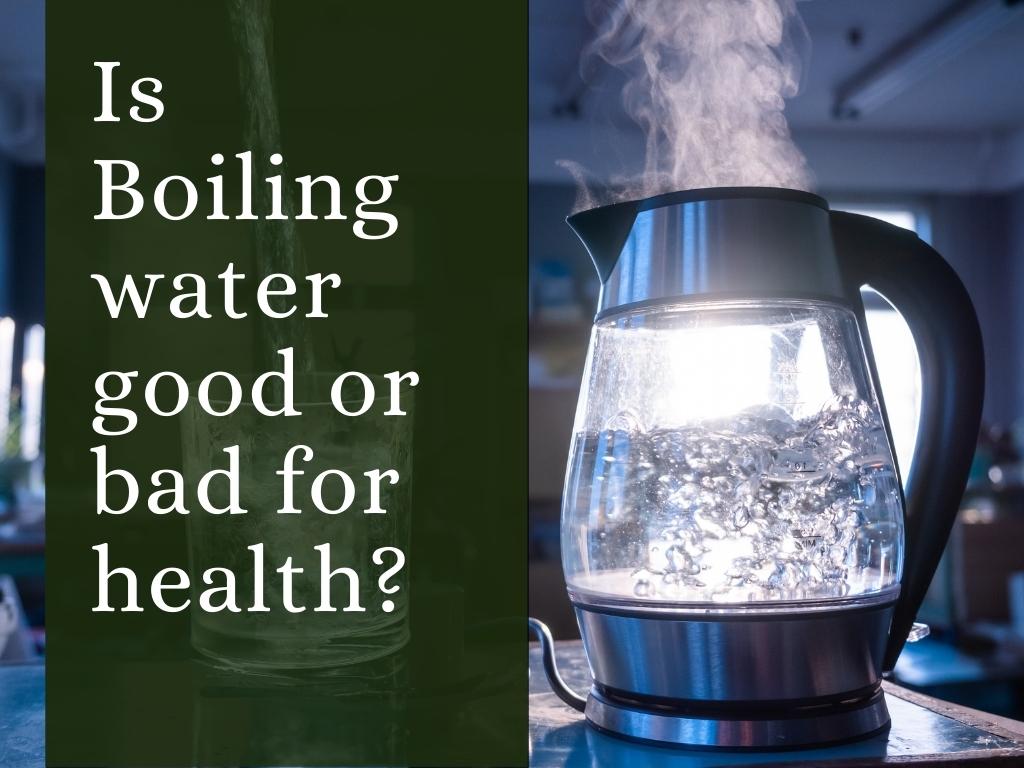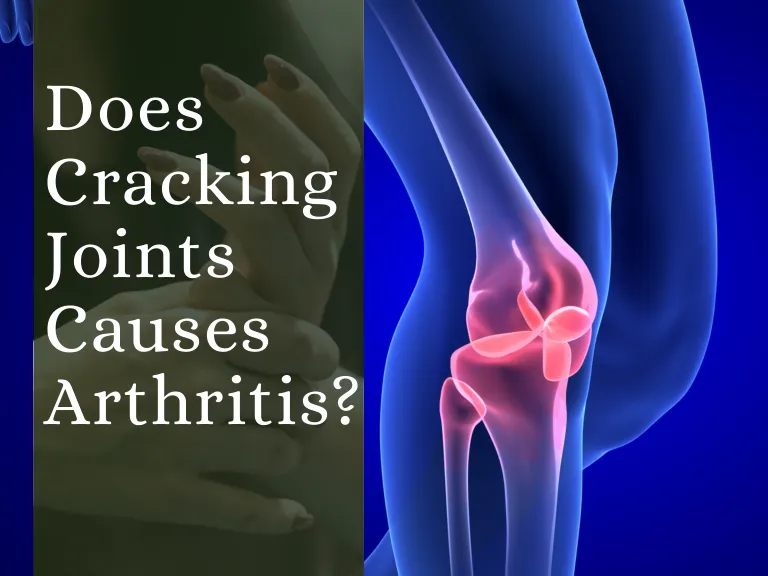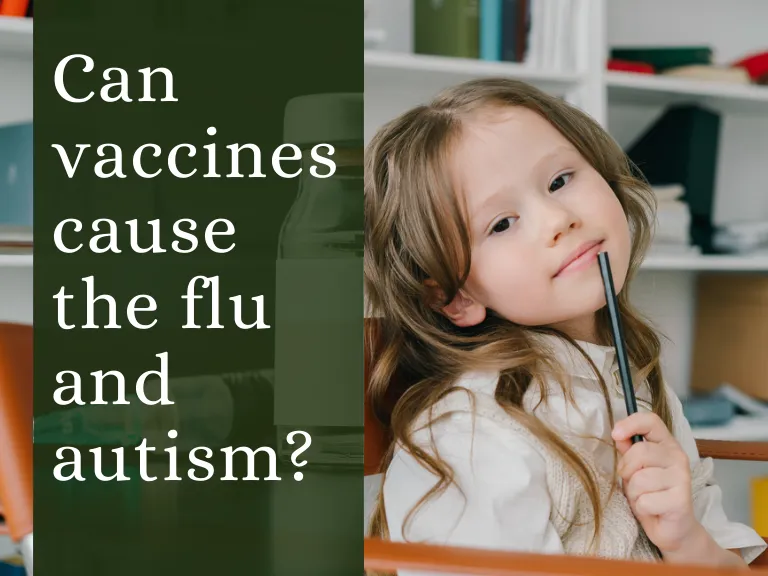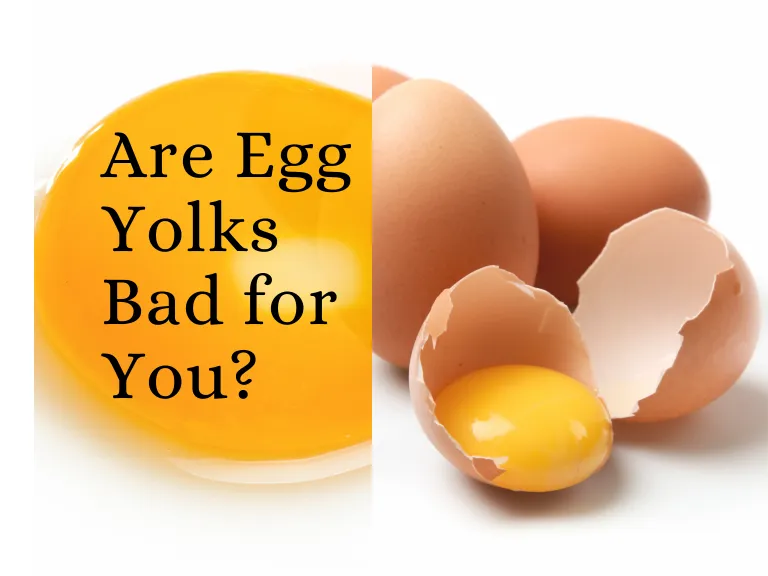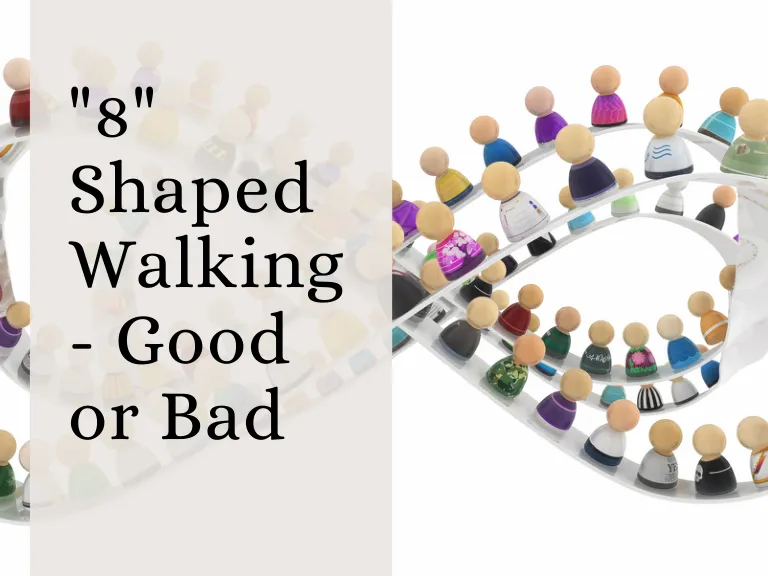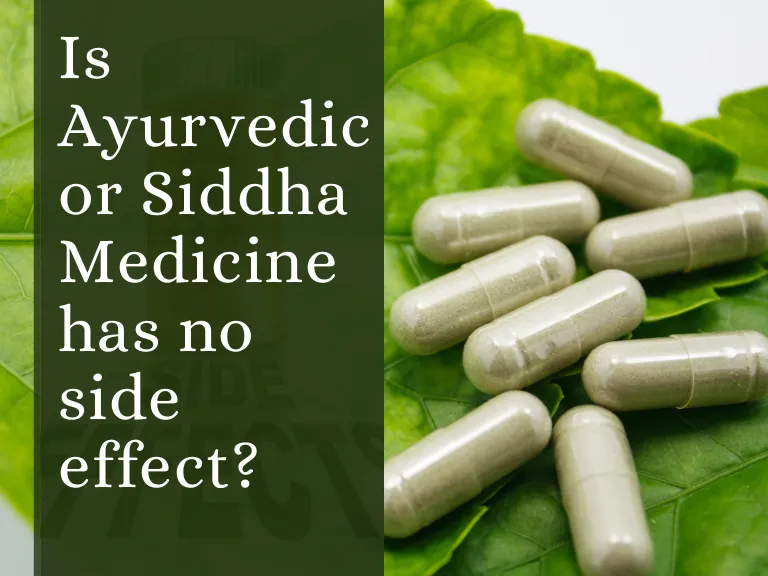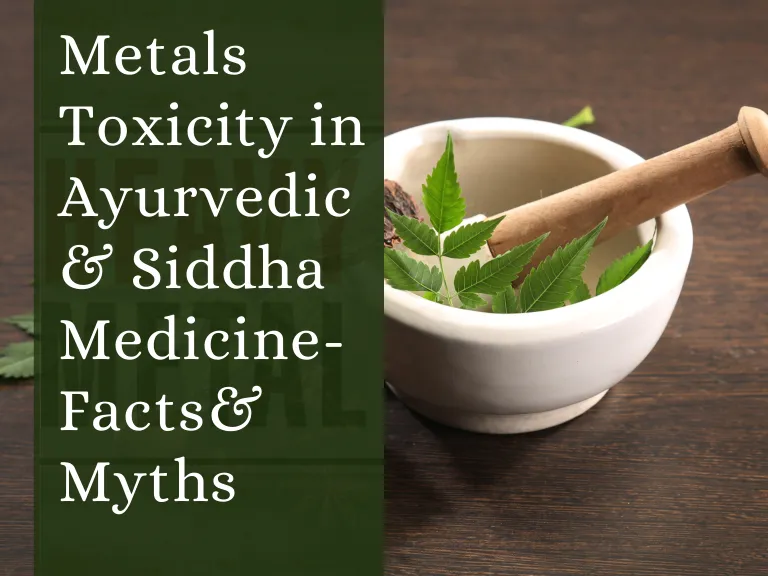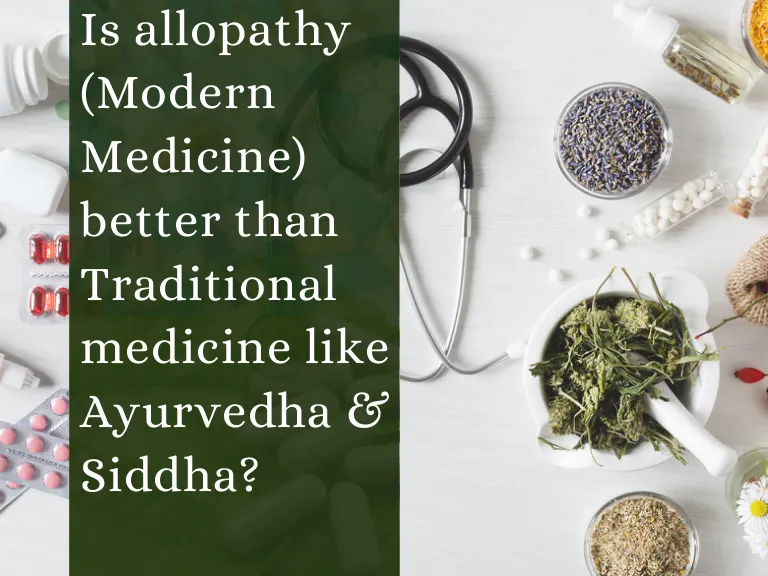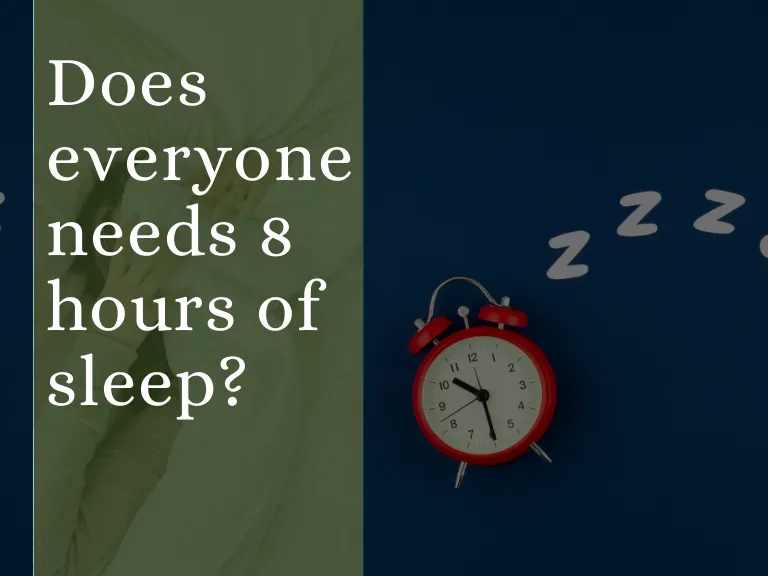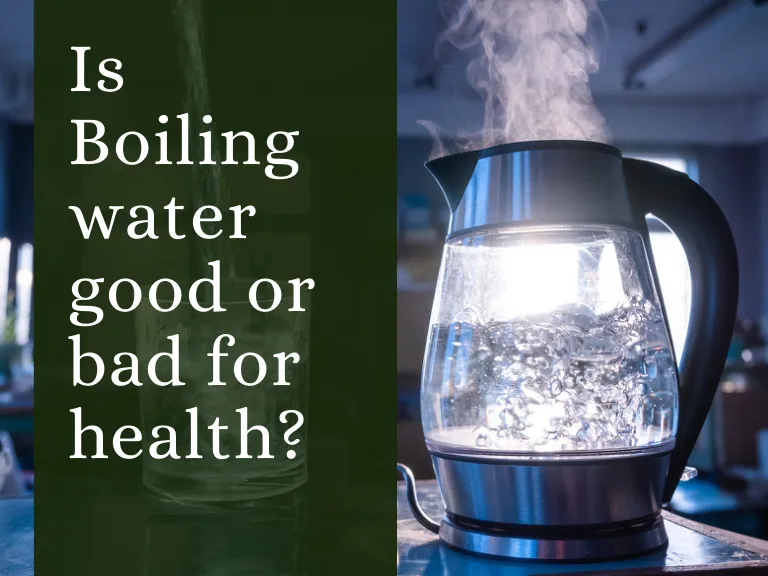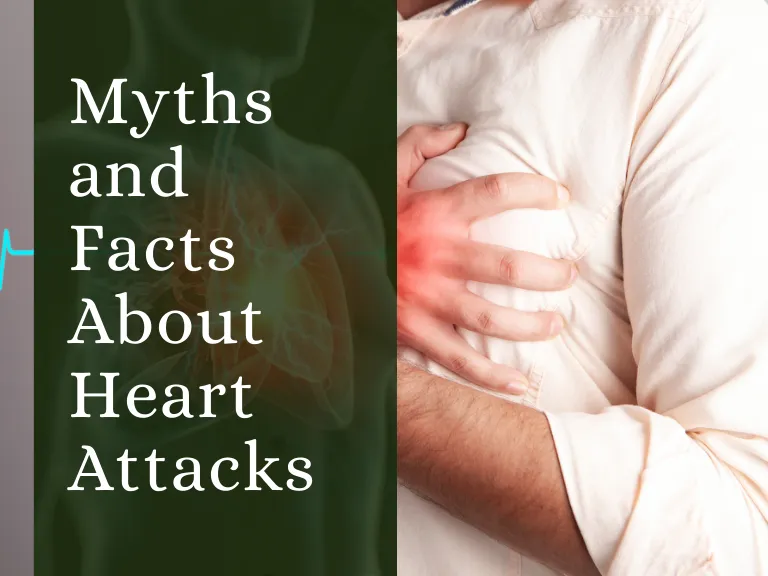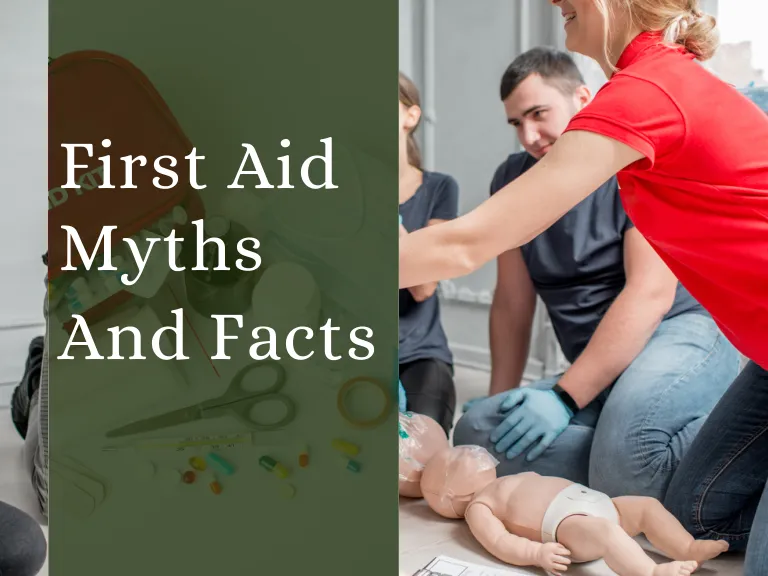Is Boiling water good or bad for health?
-
 Nalamaree Team
Nalamaree Team
- 09 May 2024
Boiling water is generally considered safe for consumption and can even have health benefits under certain circumstances.
Here are some myths and facts about boiling water:
Myth: Boiling water removes all impurities.
Fact: Boiling water can effectively kill most microorganisms, including bacteria, viruses, and parasites, making it safer to drink. However, it does not remove chemical contaminants or heavy metals that may be present in the water.
Myth: Boiling water excessively removes beneficial minerals.
Fact: While boiling water can cause a slight loss of some minerals, such as calcium and magnesium, from the water, it is usually not significant enough to impact overall mineral intake, especially if you have a balanced diet. Additionally, the benefits of consuming safe, clean water generally outweigh any minor loss of minerals.
Myth: Boiling water multiple times makes it harmful.
Fact: Boiling water multiple times does not make it harmful. In fact, each time you boil water, you are effectively killing any microorganisms present, further reducing the risk of contamination. However, repeated boiling can concentrate certain chemical contaminants if they are present in the water.
Myth: Boiling water removes fluoride, which is essential for dental health.
Fact: Boiling water does not remove fluoride. Fluoride is a naturally occurring mineral in water sources, and it remains present after boiling. In fact, in some cases, boiling water can actually increase the concentration of fluoride because it removes some of the water content, leaving the fluoride behind.
In summary, boiling water is generally a safe and effective method for purifying drinking water, especially when dealing with microbial contaminants. However, it's important to remember that boiling water may not remove chemical contaminants or heavy metals, and it's always best to use clean water sources whenever possible. Additionally, boiling water excessively or multiple times may impact its taste but does not necessarily make it harmful to consume.

